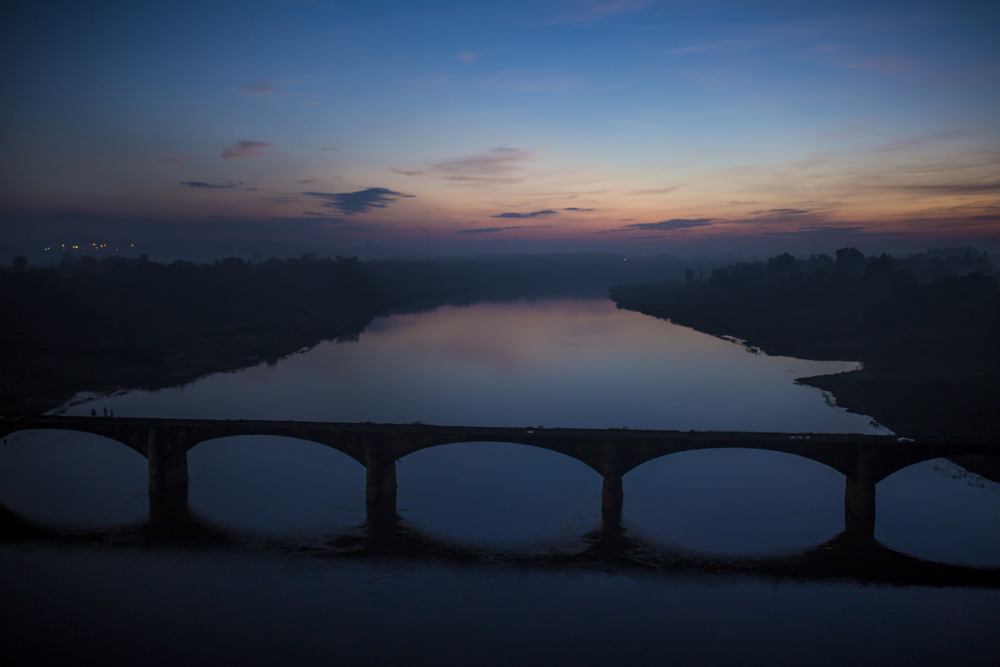

Located on the banks of the holy river Narmada in Jabalpur, Madhya Pradesh, Tilwara Ghat holds an esteemed place in India’s freedom struggle and its rich cultural tapestry. This historic spot is not only significant for its natural beauty but also its prominent role in India's history, particularly during the Indian independence movement.
The history of tourism at Tilwara Ghat is intertwined with its historical importance. It is famously known as the site where Mahatma Gandhi's ashes were immersed in the Narmada river, following his assassination in 1948. This event has imprinted Tilwara Ghat in the hearts and minds of Indian nationals and freedom enthusiasts from around the world.
Moreover, Tilwara Ghat is also known for hosting the 1929 session of the Tripuri Congress, proving crucial in the Indian freedom struggle. Owing to these events, it evolved into a pilgrimage site for those who cherish India's struggle for Independence and Gandhi's principles.
Initially, tourism at Tilwara Ghat was primarily driven by its historic appeal. People from around the country visited to pay homage to Mahatma Gandhi and to experience a piece of India’s struggle for freedom. Over time, the government and local authorities developed the area to make it more accessible and tourist-friendly, recognizing its potential to attract visitors due to its serenity and scenic beauty.
Presently, the site is well-maintained, with improved infrastructure, making it easier for tourists to visit. Along with its historical allure, Tilwara Ghat also serves as a picturesque locale for nature lovers and peace seekers, highlighting it as a multifaceted destination.
Recently, there has been a shift towards experiential and educational tourism at Tilwara Ghat. Visitors are increasingly interested in engaging with the site’s history through interactive sessions, guided tours, and visual exhibitions. The region’s authorities have recognized this and are working towards enhancing the narrative through better storytelling and interpretive displays.
Furthermore, the integration of technology has brought new ways for tourists to connect with Tilwara Ghat’s past. Augmented reality applications and virtual tours help in bringing historical events to life, making the experience more immersive for modern-day tourists.
Eco-tourism has also gained momentum, with visitors expressing a growing appreciation for the natural landscapes and the importance of preserving the river's ecosystem. This encourages environmentally responsible tourism, aligning with the site’s significance and the larger goals of sustainable development.
For travelers looking to immerse themselves in India’s rich historical and cultural heritage, Tilwara Ghat in Jabalpur offers a deeply moving experience. The ease of access, combined with the destination’s historical importance and natural beauty, makes it a must-visit spot for both domestic and international tourists.
Jabalpur, being a major city in Madhya Pradesh, is well-connected by air, rail, and road, making Tilwara Ghat easily reachable for travelers. The Ghat's proximity to other tourist attractions in Jabalpur, such as the Dhuandhar Falls, Marble Rocks, and the Madan Mahal Fort, further adds to its appeal, ensuring that a visit to Tilwara Ghat enriches one's travel itinerary with history, nature, and serenity.